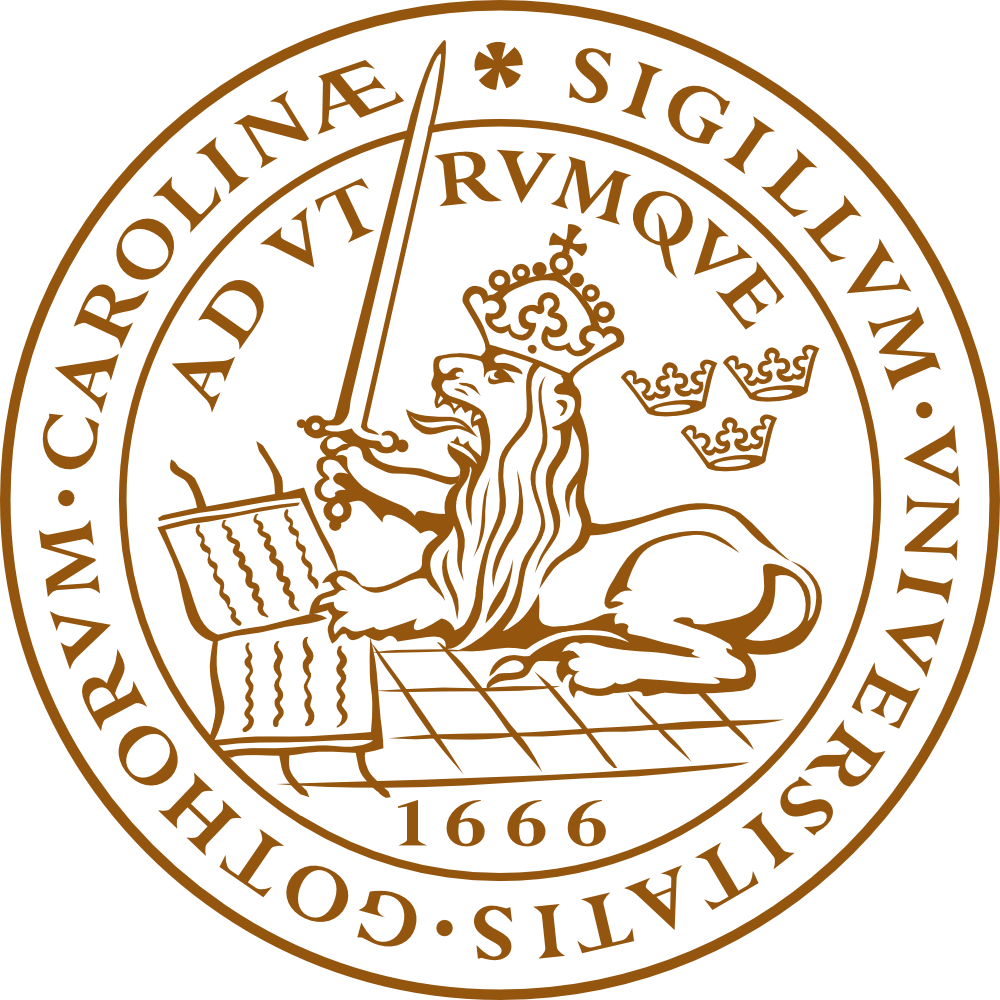
Lund University (www.lunduniversity.lu.se) is ranked as one of the top 100 in the world. LU tackles complex problems and global challenges and works to ensure that knowledge and innovations benefit society. LU consists of 8 faculties and 286 study programmes. LU is an international university with 7 500 employees and 47 700 students based at 3 campuses in Lund, Malmö and Helsingborg. Cooperates with 680 partner universities in over 50 countries and is the only Swedish university to be a member of the strong international networks LERU (League of European Research Universities) and Universitas 21.
Faculty of Engineering, LTH, is a faculty of LU and has overall responsibility for education and research in engineering, architecture and industrial design. Its strategies are based on diversity and cross-boundary cooperation and are characterised by gender equality, participation, quality and renewal. LTH is home to 9600 students and 1 500 employees from all over the world.
Division of Fire Safety Engineering (FSE) at LU was the first university in Europe to start a FSE education and to perform research in this field. Division is world-wide recognised as a key player in this field. Head of the department is chair of IAFSS (International Association of Fire Safety Science) and ISO TC92. Division is encompasses description of the evolution of a fire, human behaviour in the event of fire, extinguishing techniques and agents, industrial fire protection systems, design related to fire technology, and community emergency services.
Division of Risk Management and Societal Safety (RM&SS) at LU conducts research and education relating to various aspects of societal resilience, e.g. risk governance, critical infrastructure protection, capacity development for disaster risk reduction, and management and leadership. The team has broad knowledge in capacity development for risk management, in terms of conceptual development and the design of frameworks for capacity development, and in terms of engagement in capacity development interventions in various contexts ranging from local to international. Division is managing and conducting a majority of the courses in three Master level programs in RM&SS, Disaster Risk Management and Climate Change Adaptation and Human Factors and Systems safety. The division also hosts one PhD school in the field of RM&SS.








